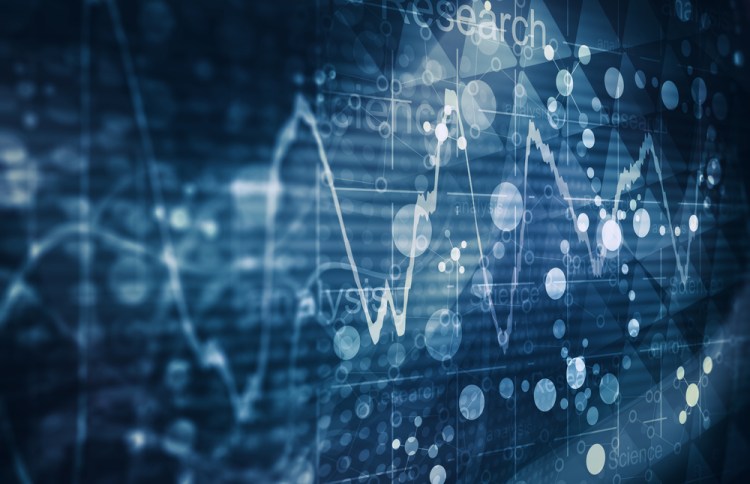This sponsored post is produced in association with Humana.
Eric Schmidt, former CEO of Google, used to point out that from the dawn of civilization to 2003 there were a total of one billion gigabytes of data. That seems an eon ago. Now the same amount of data is created almost every day with more to come. And much of this data will be generated from human biological and psychological sources.
The genes are the mirror of health
With genome sequencing, especially low-cost and high-throughput, we can trace and associate genes with all thinkable diseases and syndromes. Behaviors can be linked to mutations and symptoms tied to epigenetic marks.
Consider that full-genome sequencing of one person generates 240 billion bytes of data. For health management, much of this information may be useless or incomprehensible. Without running it through the right filters, we can learn nothing from it. In fact, as data becomes more central to health care, the role of bioinformatics in health care will increase and might even bypass the traditional role of physicians.
A sea of sensors
In late 2010, the Economist portrayed ”a sea of sensors” gathering and transmitting information about the real world. Today, not only semi-professional athletes are tracking their performance with wearables. Consumers of all kinds monitor their sleep, activity, heart rate, and much more. In this way, physicians can get access to a wide range of health data to make better choices on patient management. Beyond the consumer level, medical grade apps and wearables are being used to monitor patients post-operatively. Not only glucose or blood pressure measurements are made tracked out of doctor’s offices, but the actual data analysis, specific disease risk assessment, as well as recommendations on treatment regime.
And perhaps white coat syndrome – the phenomenon in which patients exhibit elevated blood pressure due to anxiety experienced in clinical settings — will no longer be something medical students have to learn about.
Talking about medical treatment, sensors will also be able ensure patients stay on track with medication. According to the World Health Organization, close to 50% of patients fail to take their medication correctly. By adding tracking molecules to the pill, the doctor will actually know if you’ve swallowed it.
New normals
Many doctors routinely get the request from patients to ”test everything”, meaning take all the tests that are out there. This has always been an impossible act (normal distribution, anyone?). With DNA sequencing, mobile technology, and a plethora of sensors available, how do we meet the challenges of big data? How do we make sense of the sensors?
We might have to define new normal distributions for all the activities we’re tracking. Accelerometers, pulse measurements, sleep patterns, objective calorie intake, self-reported activities; what does all the data mean? Time will tell.
Risky business?
There’s a lot of health data out there, and it’s estimated that about half of it is regulated and secured in HIPAA compliant platforms. With about 100,000 Health apps currently available (not all of them medical apps, but still), and whole genome sequencing being affordable, it is important to acknowledge the risks involved. Employers and others might ask for sensitive information in a way that it is in conflict with privacy and personal integrity. Even future parents should be prepared that their partners will want to know a lot more about them than what was revealed on the first date.
Transformation of healthcare
Big health data will transform the way we think about health, but also the face of healthcare. Companies like Humana are embracing big data to support this transformation. By enabling mobile technologies and telemedicine, many aspects of diagnostics, consults, and treatment will take place without seeing a doctor in person. A number of apps are already meeting the parallel need of consulting a physician remotely and after-office hours.
Consequently, when tracking and analysis of health information is automatized, the individual can and will take more responsibility for his or her own health.
Or at least one’s own data.
 This post brought to you by Humana. Click here to learn more.
This post brought to you by Humana. Click here to learn more.
Sponsored posts are content that has been produced by a company that is either paying for the post or has a business relationship with VentureBeat, and they’re always clearly marked. The content of news stories produced by our editorial team is never influenced by advertisers or sponsors in any way. For more information, contact sales@venturebeat.com.
VentureBeat's mission is to be a digital town square for technical decision-makers to gain knowledge about transformative enterprise technology and transact. Learn More

